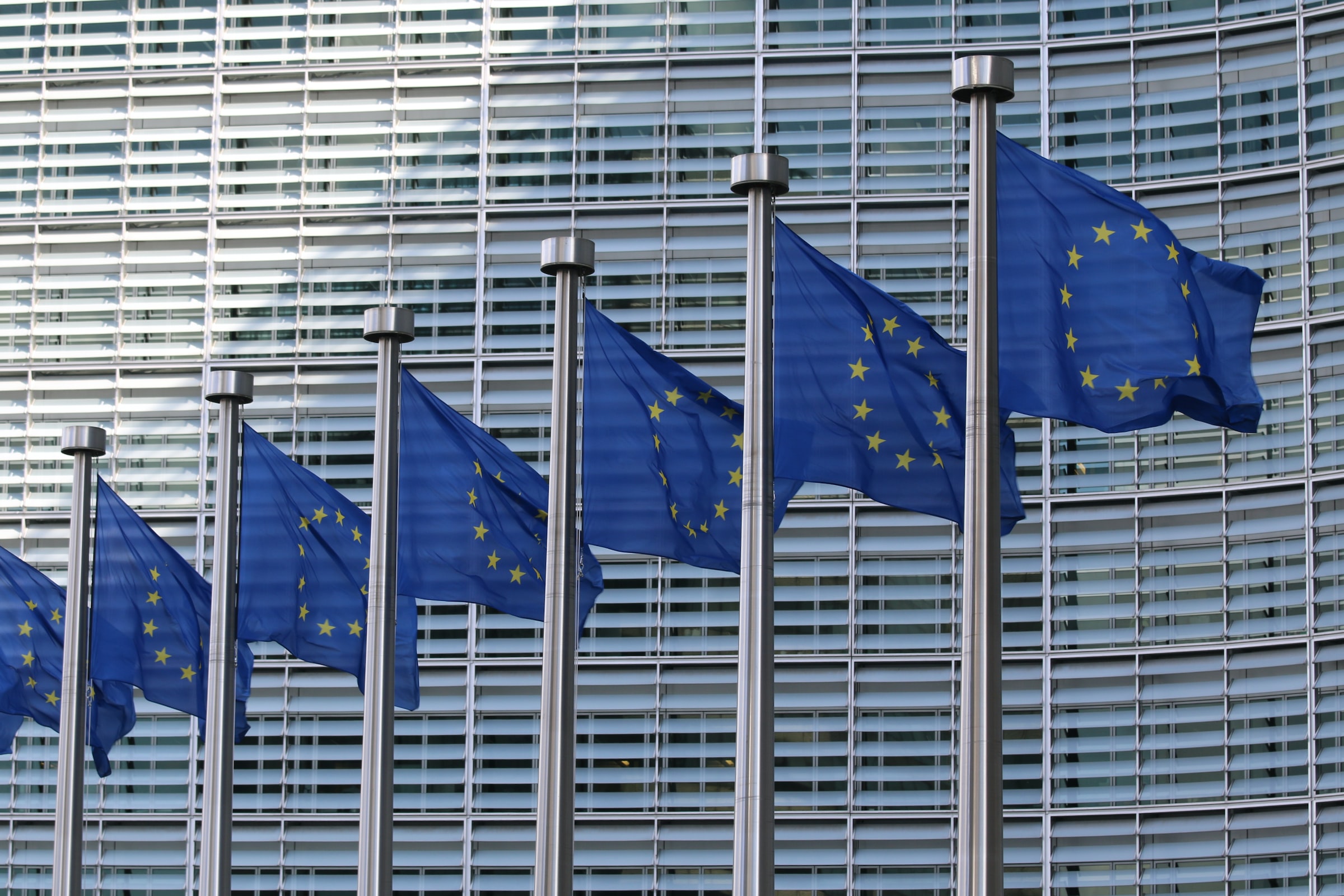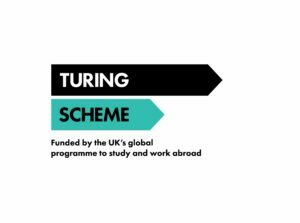Update: On Wednesday 17 December 2025 the UK Government formally announced that the UK will re-join the Erasmus+ programme in 2027, with UK institutions able to access funding for AY 2027/8.
Further details about reassociation with Erasmus+ and opportunities for students and staff at the University of Reading will be published on this webpage
Erasmus+ remains the European Union’s flagship educational exchange programme, set up to encourage student mobility within Europe, boost skills and employability, and support the modernisation of education. The Erasmus+ programme offers a framework and finances to encourage a range of cooperative education projects and activities (including student and staff mobility), thereby promoting transnational cooperation projects among universities across Europe and beyond.
Historic Erasmus+ participation
Erasmus+ KA103
The University of Reading was proud to be a beneficiary and participate in the Erasmus+ KA103 programme – this provided opportunities for students and staff to undertake study and training placements at another university / organisation in participating programme countries:
Austria, Belgium, Bulgaria, Croatia, Cyprus, Czech Republic, Denmark, Estonia, Finland, France, Germany, Greece, Hungary, Iceland, Ireland, Italy, Latvia, Liechtenstein, Lithuania, Luxembourg, Macedonia, Malta, Netherlands, Norway, Poland, Portugal, Romania, Slovakia, Slovenia, Spain, Sweden, Turkey, UK.
These placements provided chances for participants to learn, acquire new skills and competencies, develop intercultural understanding and a multitude of soft skills.
| Year | Participants |
| 2019/0 | 201 |
| 2018/9 | 216 |
| 2017/8 | 180 |
| 2016/7 | 166 |
| 2015/6 | 142 |
| 2014/5 | 146 |
It is our institutional ambition to continue to increase and create opportunities for mutually beneficial mobility to and from our European partner institutions even if outside of Erasmus+.
Erasmus+ KA107
KA107 International Credit Mobility took place between HEIs in Programme and Partner Countries. Varying levels of European Union funding was available to support mobility activities to most regions of the world.
The University of Reading was awarded funds for three KA107 projects:
- Project KA107-023688: University of Reading and Nazarbayev University,
Kazakhstan (2016-18) - Project KA107-035914: University of Reading with HEIs in Iran and Iraq (2017-19).
- Project KA107-078541: University of Reading with HEIs in Canada, Indonesia, Israel, Philippines, Russian Federation and Thailand (2020-23)
ECTS Credit System
ECTS (European Credit Transfer System) is the credit system used by universities in the European Higher Education Area. This includes all countries engaged in the Bologna Process. The credit system aims to make study programmes easier to understand and compare.
Credits are assigned to modules based on the student workload required to achieve the objectives of the particular course of study. A full-time workload for one year of undergraduate study is equivalent to 60 ECTS. The simple conversion from ECTS to the UK credit system is: 1 ECTS = 2 UK credits.
For further information about ECTS, please view:
- EU Commission’s ECTS Online Users’ Guide 2015
- Downloadable ECTS Users’ Guide 2015
Documentation produced by the Study Abroad Office relating to incoming Study Abroad Programme students’ placements at Reading (Erasmus+ or otherwise) will refer to ECTS as the standard credit system. This includes Learning Agreements and Transcripts.
All module descriptions available in the Study Abroad Programme module catalogue and online application will refer to the credit value of a given module in ECTS. The UK credit amount will also be provided for reference.
Staff experiences of Erasmus+
Staff Mobility visit to Milan, Italy
“The aim of the trip was to visit various institutions in Milan and the surrounding area which hold similar special collections to University of Reading Special Collections. This was in order to provide members of staff with the opportunity to reflect on our procedures and assumptions in order to improve the service at the University of Reading.”
Archive & Library Team, UMASCS
Staff Mobility visit to Tübingen, Germany
“We were able to spend time with various tutors and the head of the school, and to observe classes at a variety of levels. On occasion we were allowed to join in! We were impressed by the teaching and by the friendly and welcoming atmosphere.”
Alison Fenner
German, English and Russian Co-ordinator, Institution Wide Language Programme
Staff Week on ‘Libraries ⇆ Research’ at Sapienza Università di Roma
“I now intend to follow up on some of the contacts I have made, to continue these fruitful discussions, share best practice and, in partnership with my European colleagues, collaborate further on developing mutually beneficial resources and the sharing of local initiatives in support of research at our respective institutions.”
Kerry Webb
Associate Director (Academic Liaison & Support), University of Reading Library
“The first session focused on our institutions’ general research themes and areas of interest, with the second and third sessions over the following two days looking at turning project ideas into viable working projects and boosting our international networks.”
Chris Bonham
Erasmus & Study Abroad Officer
Staff Week at Aarhus University in Denmark
“On top of the formal sessions there was plenty of networking and discussions with the 28 other participants from all over Europe, the USA, Peru, China and Japan. Each had their own stories, expertise, experience and opinions – I learnt something from everyone, in different ways.”
Marcus Dowse
Erasmus & Study Abroad Manager
Staff Week on ‘Internationalisation at Home’ at the University of Groningen
“By sharing effective, evidence-based practice, this staff week was invaluable, providing a new perspective and insight into this area. The week was beneficial not only for my own CPD, but, by contributing to the formation of my role as International Tutor, is likely to benefit PCLS as well.”
Dr Dan Jones
Lecturer, International Tutor and Study Abroad Coordinator in the School of Psychology & Clinical Languages



